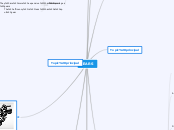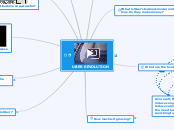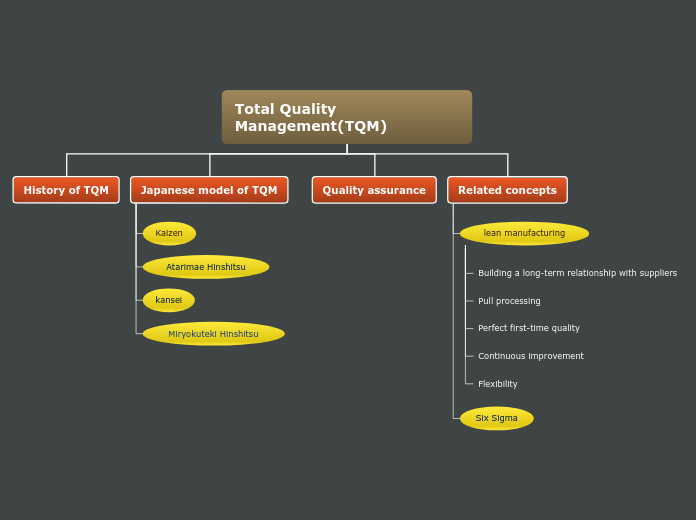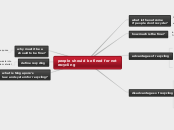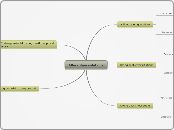GEARS
Herringbone Gear
Subtema
External gear pumps
Disadvabtages
Difficult aligning during assembly
Manufacturing cost is too high
Improved load carrying ability
Minimum hydraulic shock
Great strength
Quiet and pulse free flow
(Also known as double helical) is a gear designed to transmit power through parallel or perpendicular axes. It works like a helical gear, but, because of its tooth structure, it nullifies the axial thrust.
Bevel Gear

Aplications
Bevel gear in differential
The bevel gear has many diverse applications such as locomotives, marine applications, automobiles, printing presses, cooling towers, power plants, steel plants, railway track inspection machines, etc.
The shafts' bearings must be capable of supporting significant forces.
Must be precisely mounted.
One wheel of such gear is designed to work with its complementary wheel and no other.
Differing of the number of teeth (effectively diameter) on each wheel allows mechanical advantage to be changed.
- It lets you change the operating angle.
They are gears where the xes of the two shafts intersect and the tooth bearing faces of the gears themselves are conically shaped.
HELICAL GEAR
The efficency is less than a spur gear
They are more expensive than spur gears
They tend to have more friction
They can transmit more power between either parallel of right angle shafts
They can be used for high load applicatons
They are more silent than spur gears
Railway industry
Construction Machinery
Automobile Gear Box
They are similiar to the spur gears, but they have a hélix angle between every teeth
There are two types of helical gears
Parallel
Crossed
Worm and worm gear
A worm and worm gear system consists of a worm and worm wheel. The worm resembles a screw, which meets with a worm wheel. It works when rotational power is applied to the worm so it rotates against the wheel and transfers power to the worm wheel.
Disavantages
Gears should be assembled with respective shaft precisely.
The mechanism might produce an annoying sound at a high speed.
The system provide high-ratio speed reduction.
They are used to increase torque or reduce speed.
They are the smoothest and quietest of the gear systems.
Rack and Pinion
Diameter of the wheel infinite
Applications
Railways
Stairlifts
Steering Wheel
Due to the friction, it is under a constant wear, possibly needing replacement after a certain time.
They can only work with certain levels of friction
The wheel is also the most convenient and somewhat more extensive in terms of energy too.
Rack and pinion gives easier and more compact control over the vehicle
Easiest way to convert rotation motion into linear motion
Robust
They are compact
They are cheap
Topic principal
SPUR GEAR
The teeth are parallel to the axix of the gear
They are usually low speed gears
They experience a large amout of stress
They produce a lot of noise
Advantage:
They are highly reliable
They do not have slip
They are compact and are easy to install
Auomobile Gear Boxe
Mechanical clocks and watches
Washing machines
Hypoid gear
Similar to spiral bevel gears except they transmit motion between non-intersecting shafts.The teeth on a hypoid gear are helical
Examples
Sumitomo hyponic drive.
Truck drive differentials, where high torque and an offset pinion are valued.
Disadvantages
Some gears may warp or become brittle in the face of extreme temperatures.
The material requires special care when meshing.
It requires high technology in design and manufacturing.
Requires special EP (extreme pressure) gear oil in order to maintain effective lubrication.
Advantages
Increases the flexibility of a machine design because the axis can be extended to both directions and the height of axis can be set freely in some degree.
Compared to worm, the offset between pinion and gear is small with resultant space savings.
Less sliding and high efficiency result in smaller capacity motors.
Provides quiet operation and additional durability.
